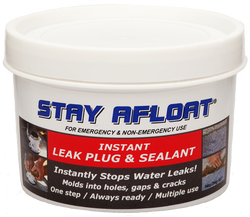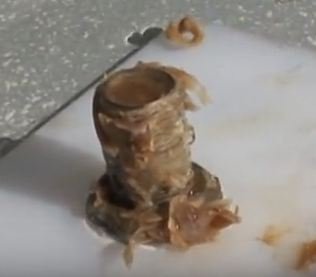I'm moving aboard a newly acquired boat that's as old as I am (approximately). My first place of residence was on a converted landing craft which was sometimes anchored out, eventually tied up to a ragtag assortment of docks in the North Bay Area in California. I've served aboard a US Navy submarine as a nuclear reactor operator and ship's SCUBA diver, lent a hand now and then as an actual sailor while cruising about the Salish Sea, and learned a few tricks aboard fishing boats in my younger days.
Does anyone have experience running a Ford Lehman 120 on higher blends of biodiesel? Is it worth switching over old sets of lead-acid batteries to lithium-ion? Should I put solar panels up on my hardtop or just in an electric tender of some sort? Has anyone done emergency repairs of leaky seacocks or stressed stringers while at sea? What should I keep in my damage control bag?
I have lots of questions and I'm looking forward to finding answers from all y'all old salts. Ahoy!
Does anyone have experience running a Ford Lehman 120 on higher blends of biodiesel? Is it worth switching over old sets of lead-acid batteries to lithium-ion? Should I put solar panels up on my hardtop or just in an electric tender of some sort? Has anyone done emergency repairs of leaky seacocks or stressed stringers while at sea? What should I keep in my damage control bag?
I have lots of questions and I'm looking forward to finding answers from all y'all old salts. Ahoy!




